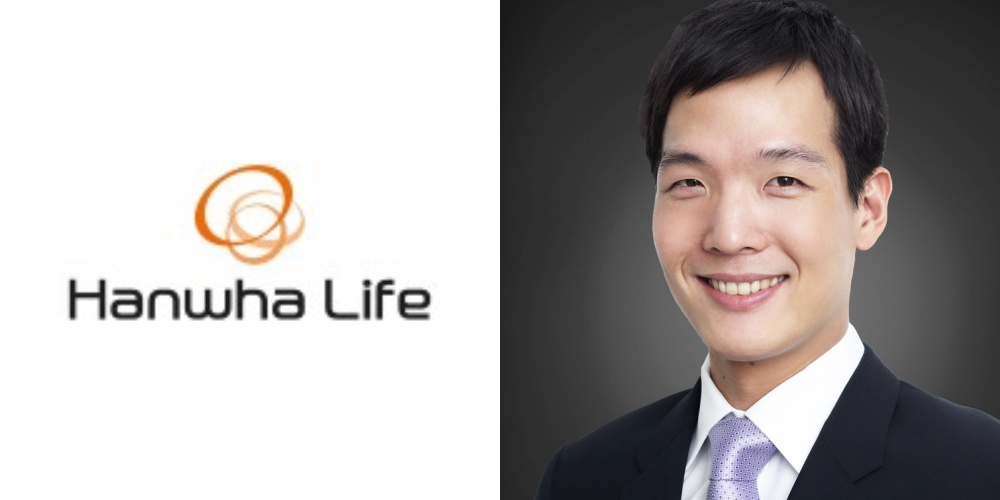
Kim Dong-won, the second son of Hanwha Group Chairman Kim Seung-yeon, is poised to take on a more significant role within the family's business empire by leading the global expansion of the group's financial business through his position as president and chief global officer at Hanwha Life. The succession plan for Hanwha Group is still evolving, with the likelihood of management control being passed on to the chairman's three sons. The eldest son, Kim Dong-kwan, is expected to oversee the group's defense and energy businesses, while the youngest son, Kim Dong-seon, is anticipated to take charge of the retail and leisure businesses. Meanwhile, Kim Dong-won is expected to focus on developing the group's financial business through Hanwha Life, one of the top three life insurance carriers in South Korea. Born in 1985, Kim Dong-won, who graduated from Yale University with a major in East Asian Studies, joined Hanwha in 2014 and has since held various positions within the company. His recent promotion to chief global officer and president has raised his profile, particularly as he has been instrumental in leading Hanwha Life's investments in Indonesian companies such as Nobu Bank and Lippo General Insurance. This move aligns with the insurer's strategy to expand its presence in Indonesia, leveraging the country's growing economy and young population. Furthermore, under Kim's leadership, Hanwha Life's Vietnamese subsidiary achieved a cumulative profit for the first time in 15 years, signaling the success of the company's overseas expansion efforts. In summary, Kim Dong-won's increasing involvement in Hanwha Group's financial business, particularly through Hanwha Life, reflects the evolving succession plan within the family-owned conglomerate. His strategic leadership in expanding the group's global footprint, as evidenced by investments in Indonesia and the profitable performance of overseas subsidiaries, underscores the company's commitment to overseas expansion in response to the limitations of the domestic market.
